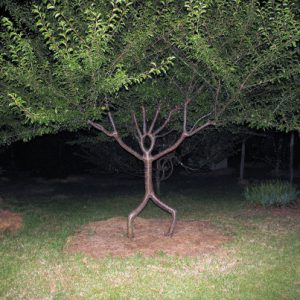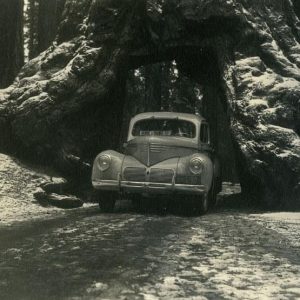The saying “lightning never strikes the same place twice” obviously does not cover Venezuela’s Lake Maracaibo and the so-called Catatumbo strikes, which occur only in this part of the world.
Lake Maracaibo, which is believed to be among the oldest lakes on Earth, was formerly the largest lake in South America, covering 13,210 square kilometers (5,100 square miles). However, it was featured in the Guinness Book of World Records for a different reason.
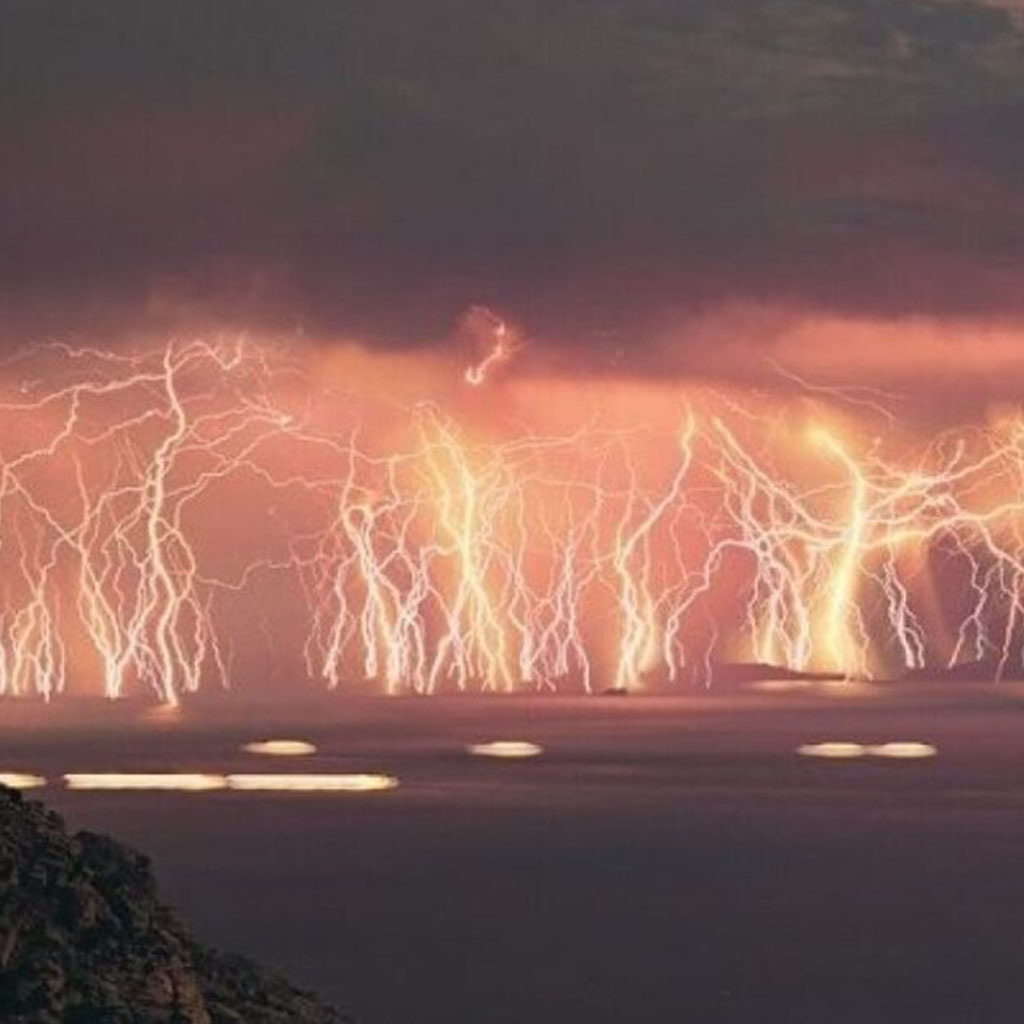
During the region’s rainy season (starting at around October), this otherwise sleepy lake lights up with an impressive average of 28 lightning flashes each minute. Actually, with an average of 233 lightning strikes per square kilometer annually, it has the largest concentration of lightning strikes. According to a research that used data from NASA’s Tropical Rainfall Measurement Mission’s Lightning Imaging Sensor, the location has been dubbed the lightning capital of the world.
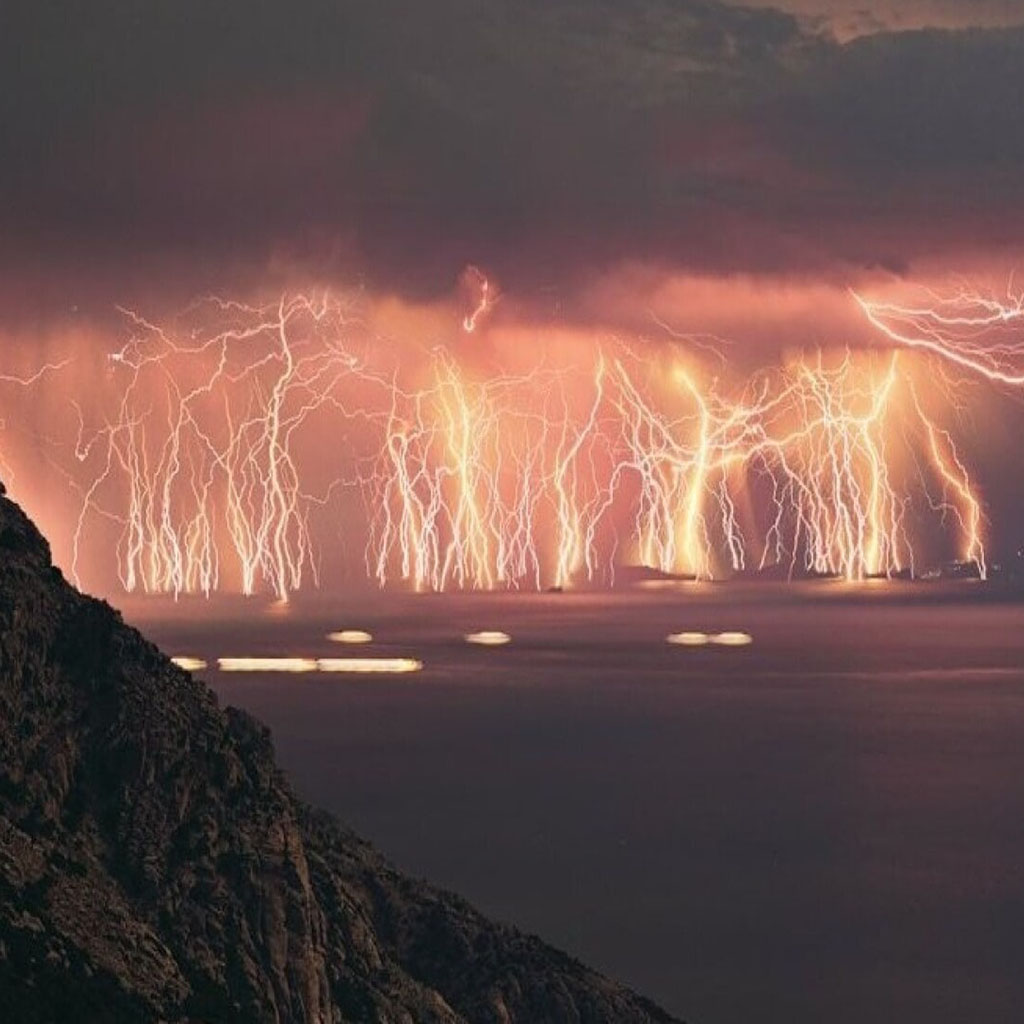
The phenomenon is known as Catatumbo lightning (Catatumbo means “House of Thunder” in the language of the local Barí people) and while scientists have offered several causes, none have been proved so far. It is an atmospheric phenomena that usually happens over a bog region formed just above the mouth of the Catatumbo River as it drains into Lake Maracaibo in Venezuela.
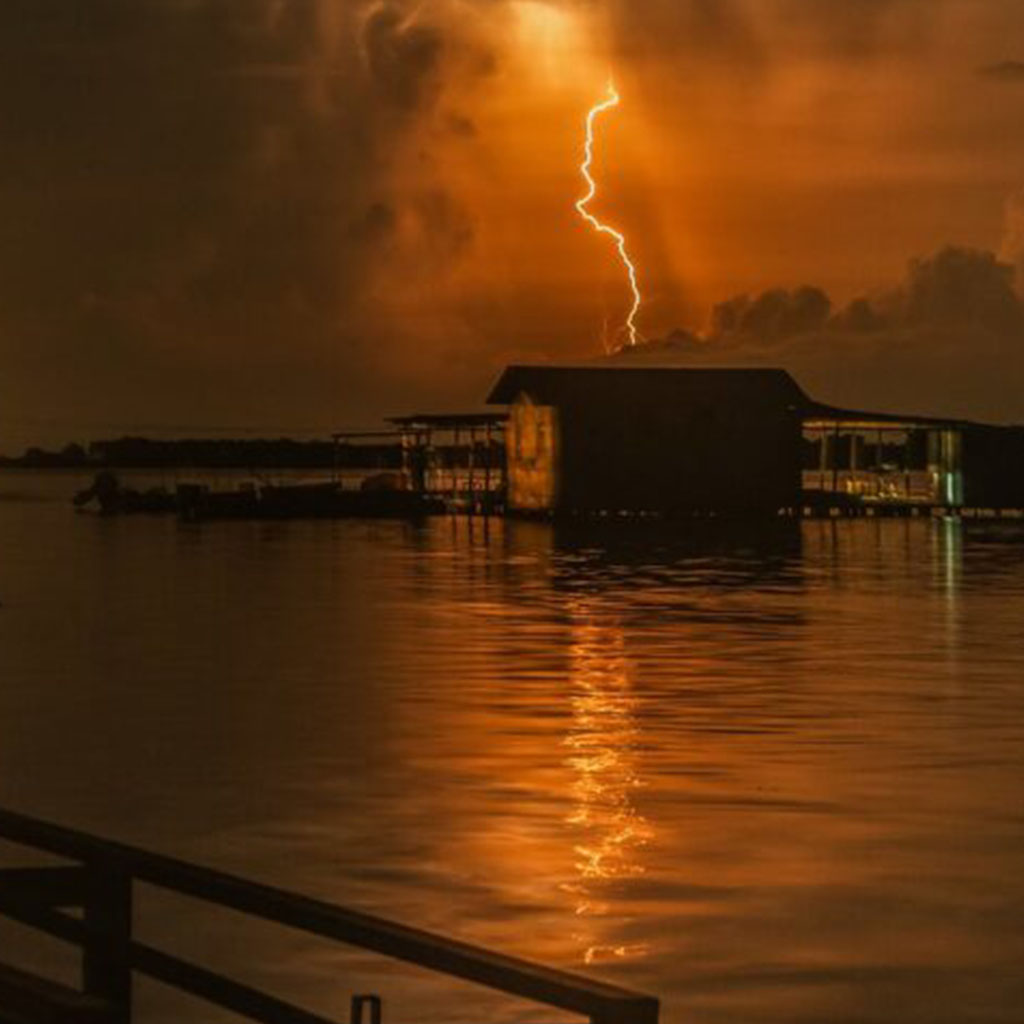
Catatumbo lightning originates from a mass of storm clouds at an altitude of more than 1 km (0.6 mi), and occurs during 140 to 160 nights a year, 9-10 hours per day, with a whopping number of lightning flashes (from 16 to 40 times per minute).
Catatumbo storms are thought to be the result of winds blowing across Lake Maracaibo and the swampy plains surrounding it. The plain is surrounded by these air masses on three sides by the high mountain ranges of the Andes, the Perijá Mountains (3,750 m / 12,000 ft), and Mérida’s Cordillera. Scientists think that as heat and moisture build up across the plains, electrical charges are created, which in turn causes thunderstorm activity as the mountain ridges destabilize the air masses.
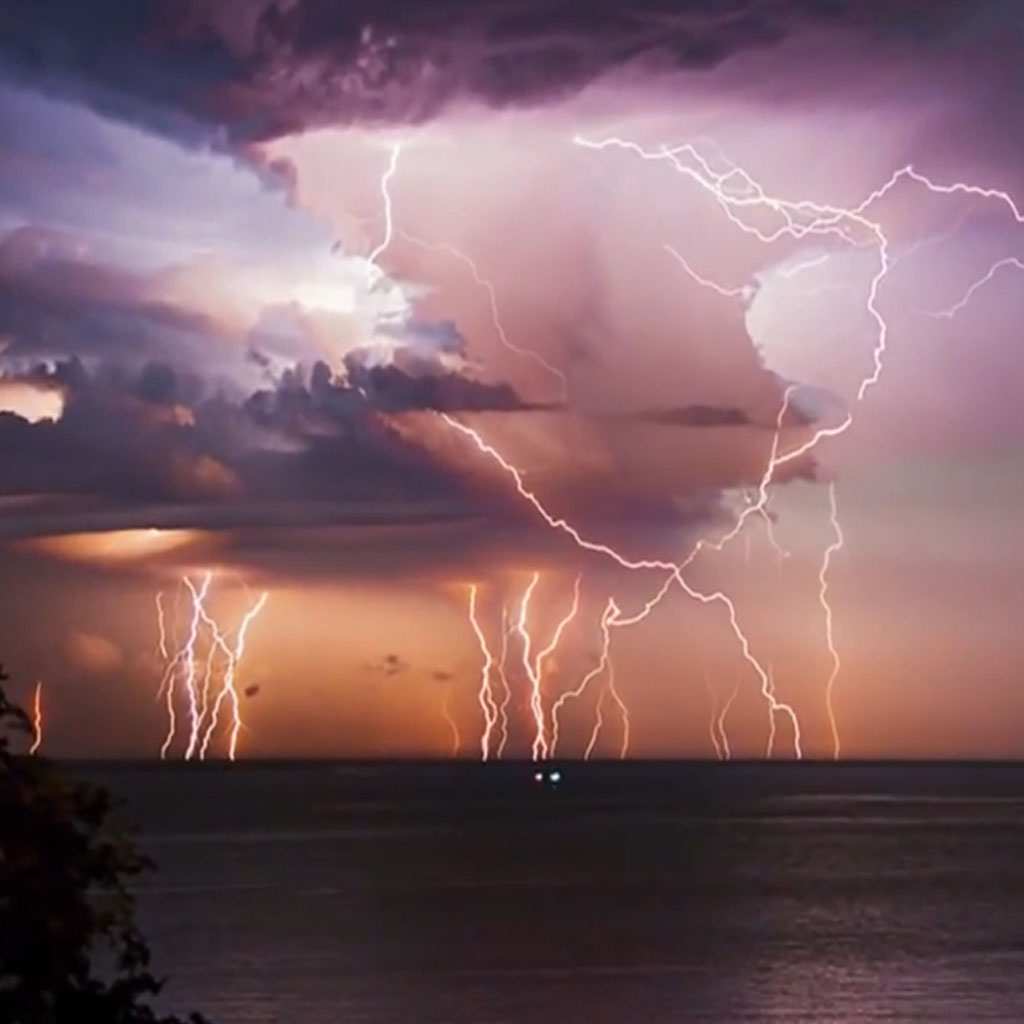
The phenomenon is characterized by almost continuous lightning, mostly within the clouds. It’s interesting to note that lightning creates a lot of ozone, even though its instability makes it unlikely to have any impact on the ozonosphere.




